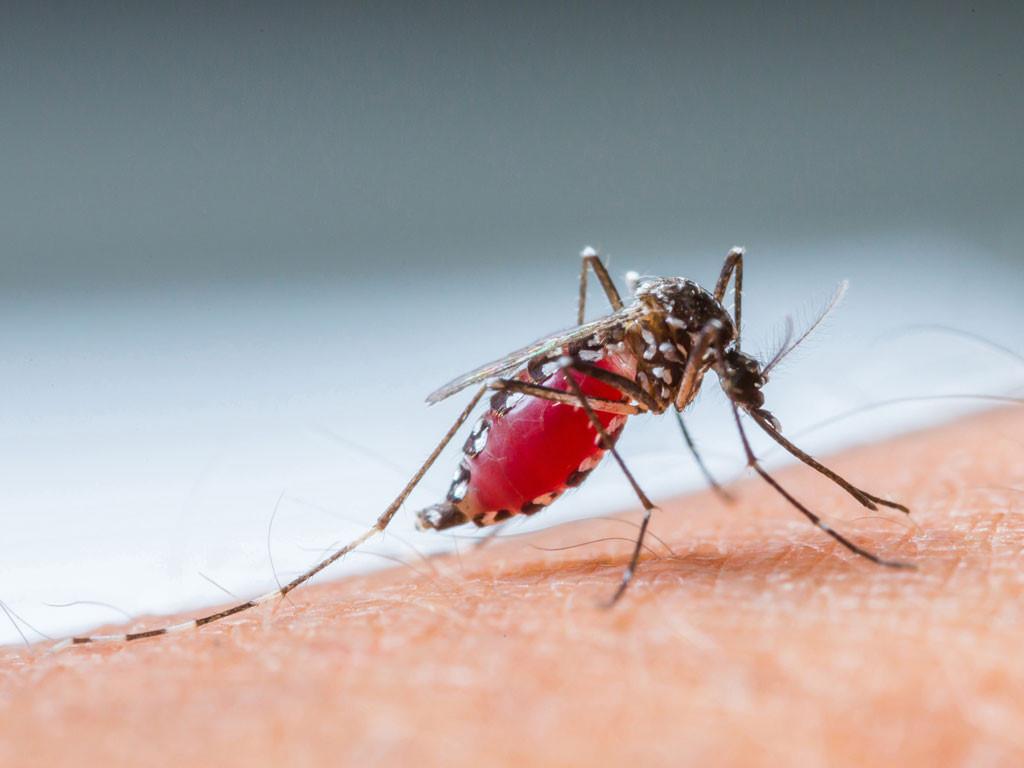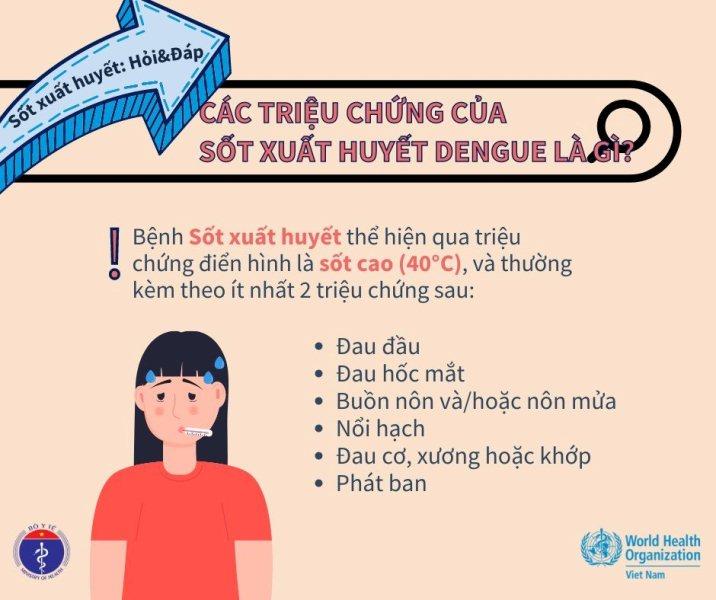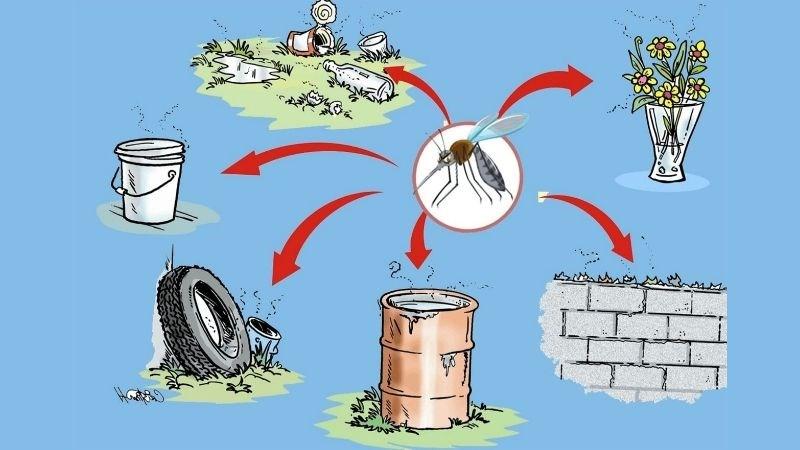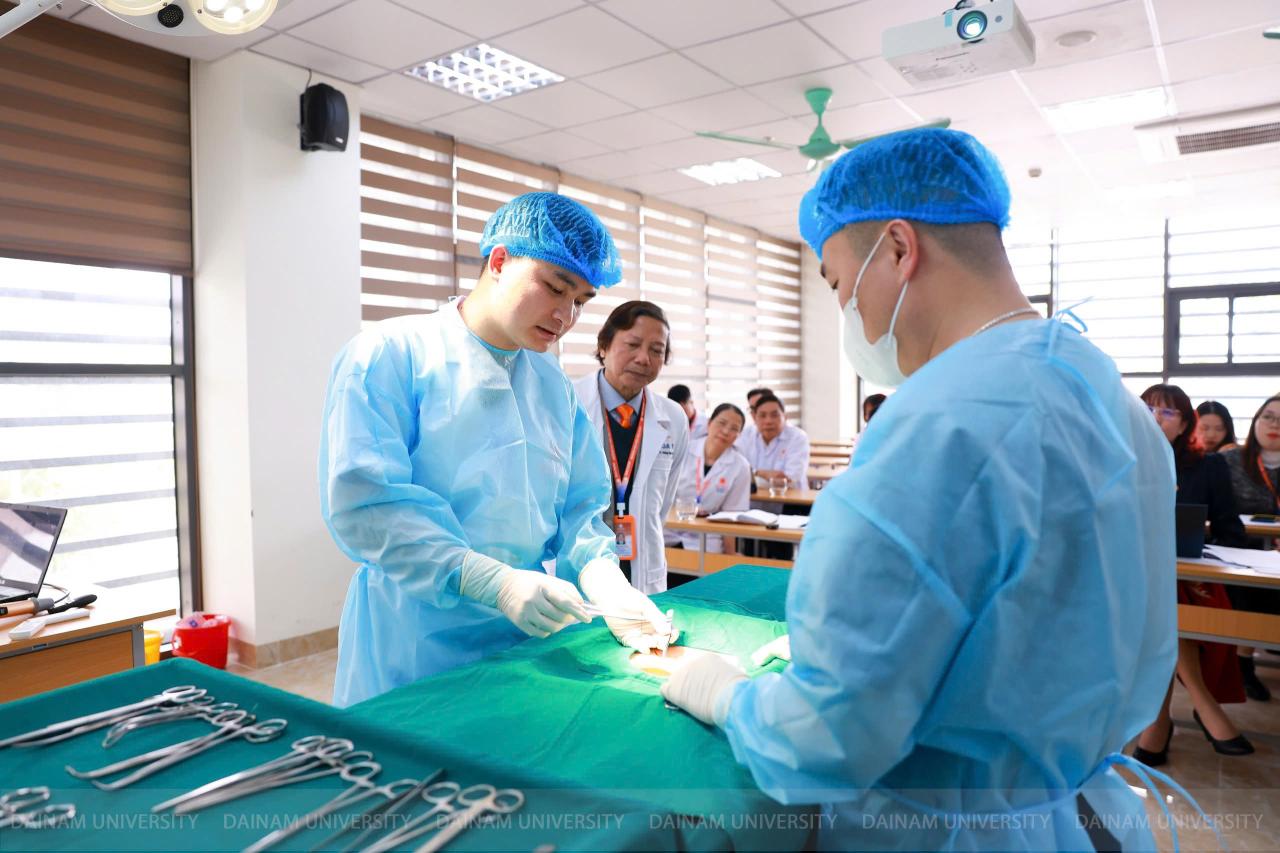Lecturer of Faculty of Medicine, Dai Nam University guides on how to prevent and control dengue fever

Since the beginning of 2023, the country has recorded more than 66,386 cases of dengue fever, including 14 deaths. With the number of cases and the number of dengue fever epidemics increasing rapidly since the beginning of August, plus the fact that it has entered the rainy season, many experts believe that Hanoi could become a hotspot for dengue fever. What to do to prevent and fight dengue fever, to best protect yourself and your family, MSc. Ngo Thi Tam - lecturer at the Faculty of Medicine, Dai Nam University will guide you through the article below.
What causes dengue fever?
Dengue hemorrhagic fever (DHF or Dengue fever, DF), in Vietnam is commonly referred to as dengue fever caused by Dengue virus (genus Flavivirus, family Flaviviridae).
There are four different serotypes of the virus: DEN-1, DEN-2, DEN-3, and DEN-4. Patients infected with each strain of the virus will have lifelong immunity to that strain. Therefore, people living in endemic areas can get dengue fever more than once in their lifetime.
Dengue fever is transmitted by the bite of Aedes mosquitoes. Female Aedes mosquitoes bite people during the day, biting most intensely in the early morning and late afternoon. Aedes mosquitoes often rest in dark corners of the house, on clothes, blankets, clotheslines and household items. Aedes mosquitoes lay eggs and reproduce in ponds, lakes, puddles; water containers in and around the house; or objects or waste containing water... Aedes mosquitoes thrive in the rainy season, when the average monthly temperature exceeds 20ºC.

Illustration of Aedes mosquitoes causing dengue fever (Photo: Internet).
Symptoms of dengue fever
Dengue virus infection causes clinical symptoms that vary from person to person. The disease can be mild or severe and fatal. Dengue fever usually appears suddenly with high fever, fatigue, headache, pain behind the eyes, muscle pain (low back pain and sometimes leg pain), often accompanied by sore throat, nausea, vomiting, epigastric pain and diarrhea.
In children, sore throat and abdominal pain are often the predominant symptoms. Fever subsides on days 3 to 8 and is often accompanied by mild bleeding (petechiae, petechiae, and nosebleeds).

Symptoms of dengue fever (Photo: Ministry of Health).
Dengue fever usually goes through 3 stages with the following typical symptoms:
Fever stage: Symptoms of this stage will appear after the incubation period and last for about 4 – 10 days:
+ High fever of 39 - 40 degrees continuously for 2 - 7 days and very difficult to reduce fever.
+ Severe headache in the forehead, sore eye sockets.
+ Nausea, loss of appetite.
+ Joint pain, muscle pain.
+ Skin congestion, rash or hives may occur.
Dangerous stage: This is the 3rd-7th day of the disease, when the patient may still have a fever or the fever has subsided, and needs special monitoring because warning signs may appear and the disease may progress:
+ Plasma leakage due to increased vascular permeability (24-48 hours) with symptoms: restlessness, agitation, cold head and limbs, lethargy, rapid, small pulse, cold, clammy skin, low or unmeasurable blood pressure, little urine.
+ Swollen eyelids, enlarged or painful liver.
+ Scattered subcutaneous hemorrhages or petechiae, mainly on the front of the two calves and the inside of the two arms, thighs, abdomen, ribs or the appearance of bruises.
+ Mucosal bleeding: blood in urine, nosebleeds, bleeding gums, early or prolonged menstruation.
+ Internal bleeding: vomiting blood, black stools.
+ Nausea, abdominal pain.
+ Itching.
Many severe cases of dengue fever can cause organ failure with symptoms of myocarditis, hepatitis, and encephalitis. Dengue fever has entered a dangerous stage, meaning that extreme caution is required and immediate hospitalization is required for treatment to prevent complications.
Recovery phase: the phase that begins 24-48 hours after the critical phase. Usually from the 7th to 10th day of the disease.
+ Reduce fever and appetite.
+ Frequent urination.
+ Stable blood pressure.
+ There may be slow, irregular heart rate, and respiratory failure due to volume overload.
What to do to prevent dengue fever?
To actively and proactively prevent disease for yourself, your family and those around you, you need to:
- Cover all water containers tightly to prevent mosquitoes from laying eggs.
- Weekly, take measures to kill mosquito larvae by releasing fish into large water containers, washing medium and small water containers; turning over containers that do not contain water; changing the water in flower vases; adding salt or oil to the bowl of water placed under the cupboard.
- Weekly remove waste materials, water holes such as bottles, jars, broken glass, coconut shells, broken jars, old tires/tires, bamboo holes, leaf sheaths... to prevent mosquitoes from laying eggs.

Remove even the smallest water containers in the house to prevent mosquitoes from breeding (Photo: Internet).
- Sleep under mosquito nets and wear long clothes to prevent mosquito bites even during the day.
- Sleep under mosquito nets even during the day; use mosquito sprays, mosquito coils, mosquito repellent creams, electric mosquito rackets...
- Use curtains and mosquito nets soaked in chemicals to kill mosquitoes; let people with dengue fever lie inside the net to avoid mosquito bites to prevent spreading the disease to others.
- Actively coordinate with the health sector in chemical spraying campaigns to prevent and control epidemics, mosquito larvae eradication campaigns, and environmental sanitation.
- When you have a fever, go to a medical facility immediately for examination and treatment advice. Do not self-treat at home.
Prevention is better than cure, DNUers should immediately pin the instructions on how to prevent and fight dengue fever to protect themselves, their families and those around them. When you get sick or encounter any difficulties, you should immediately contact the School and teachers for support.
MSc. Ngo Thi Tam - lecturer of Faculty of Medicine, Dai Nam University
Register for admission consultation 2025
scholarships and tuition support worth up to 55 billion VND

scholarships and tuition support worth up to 55 billion VND









